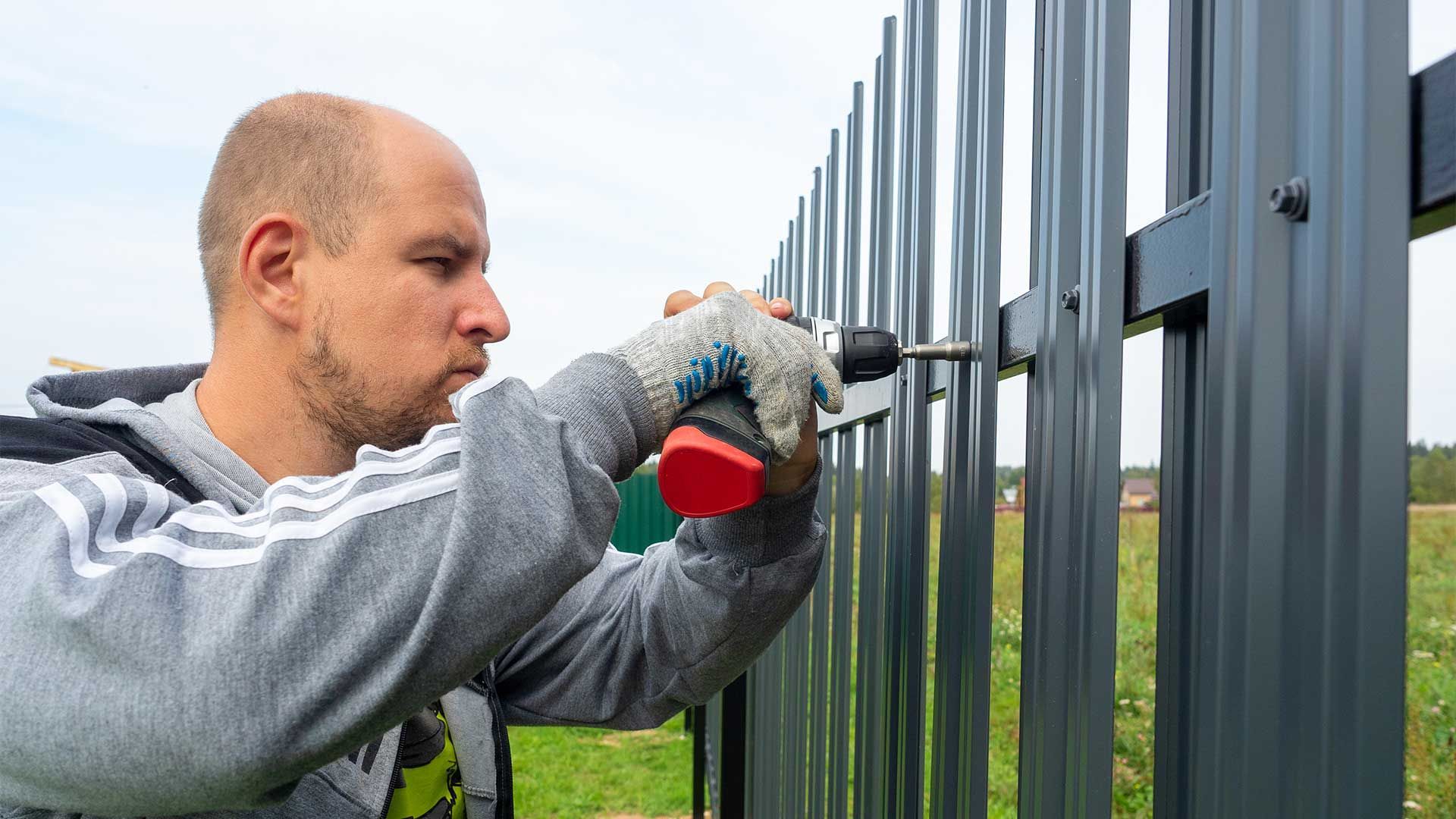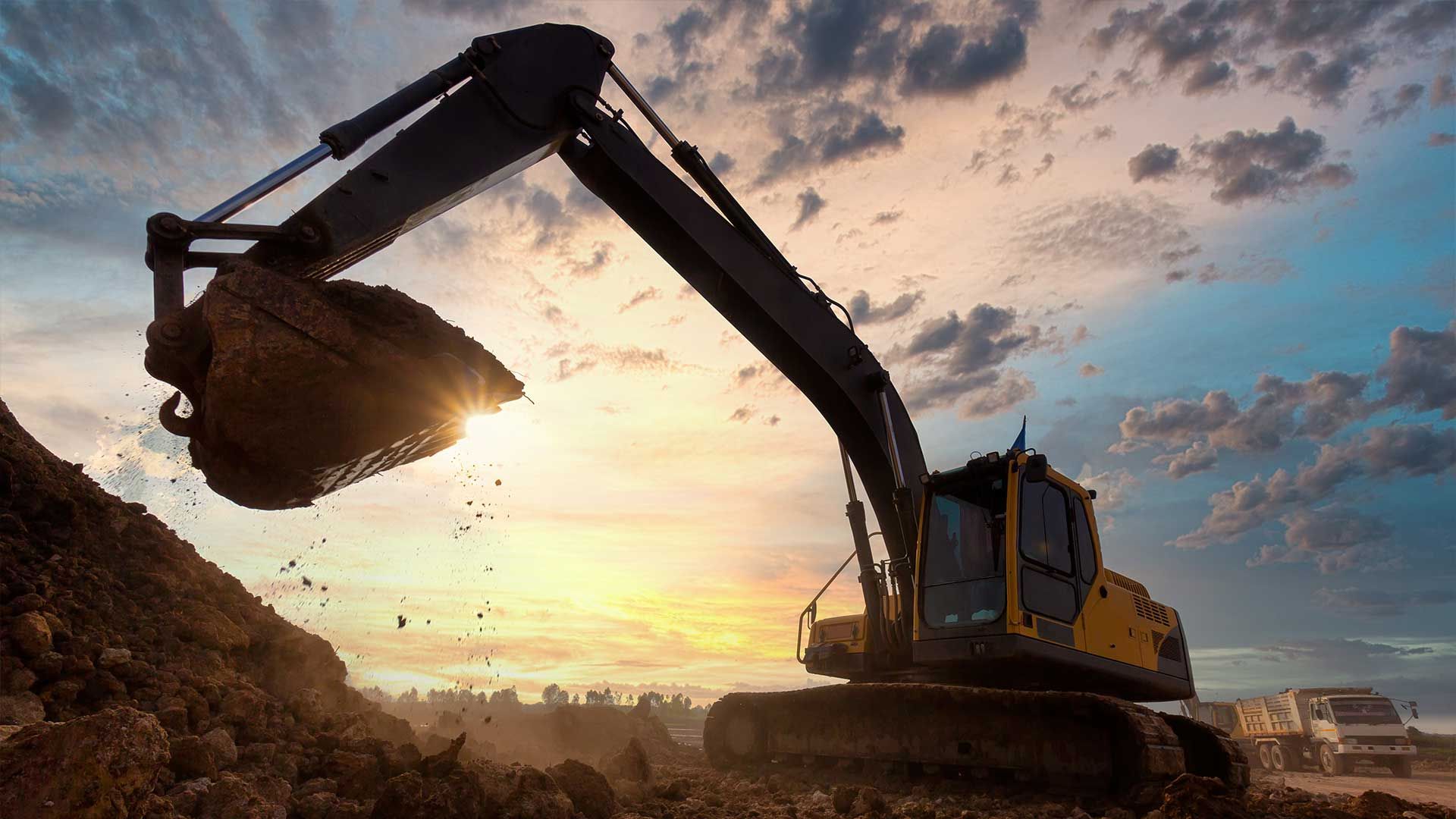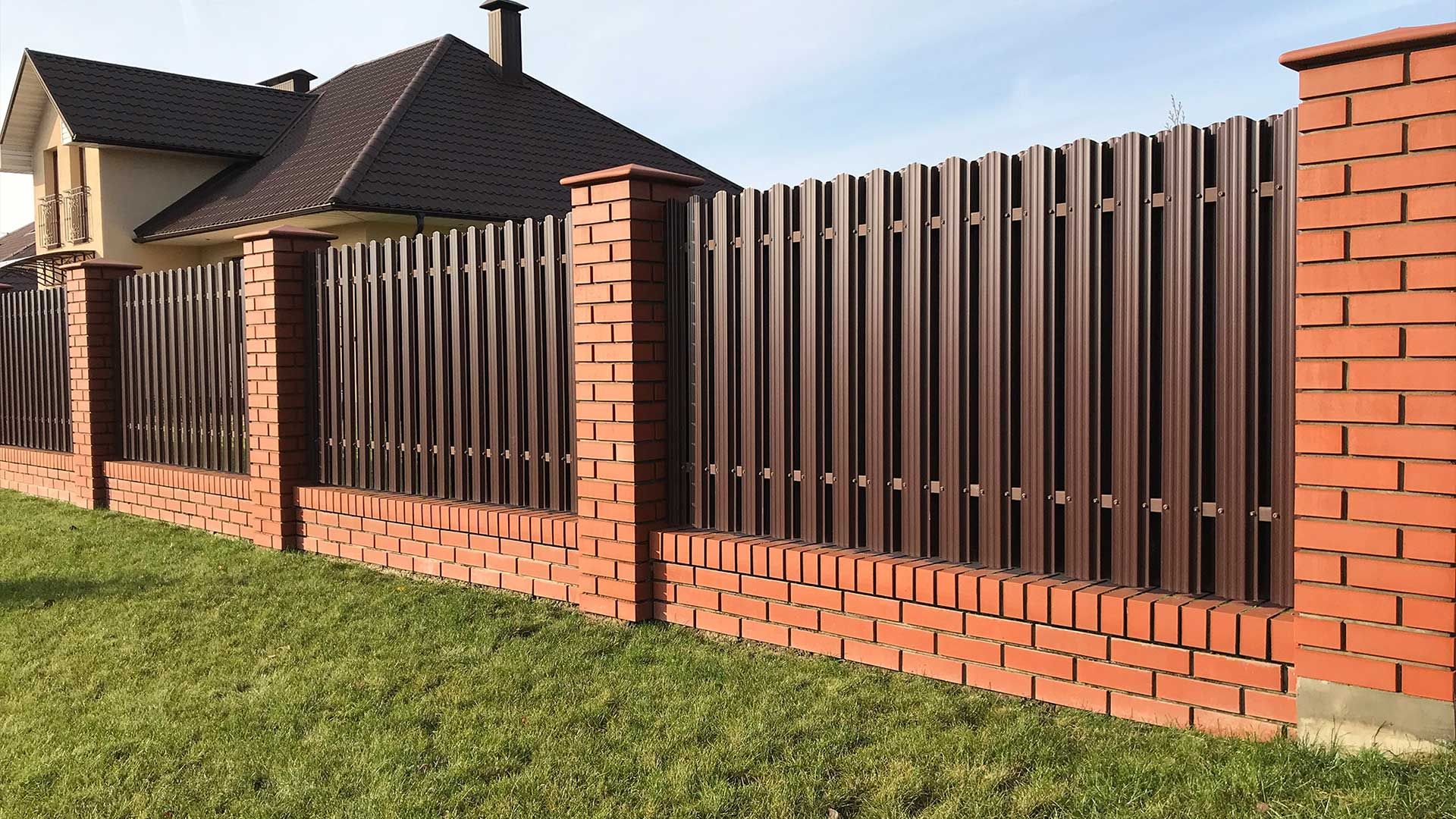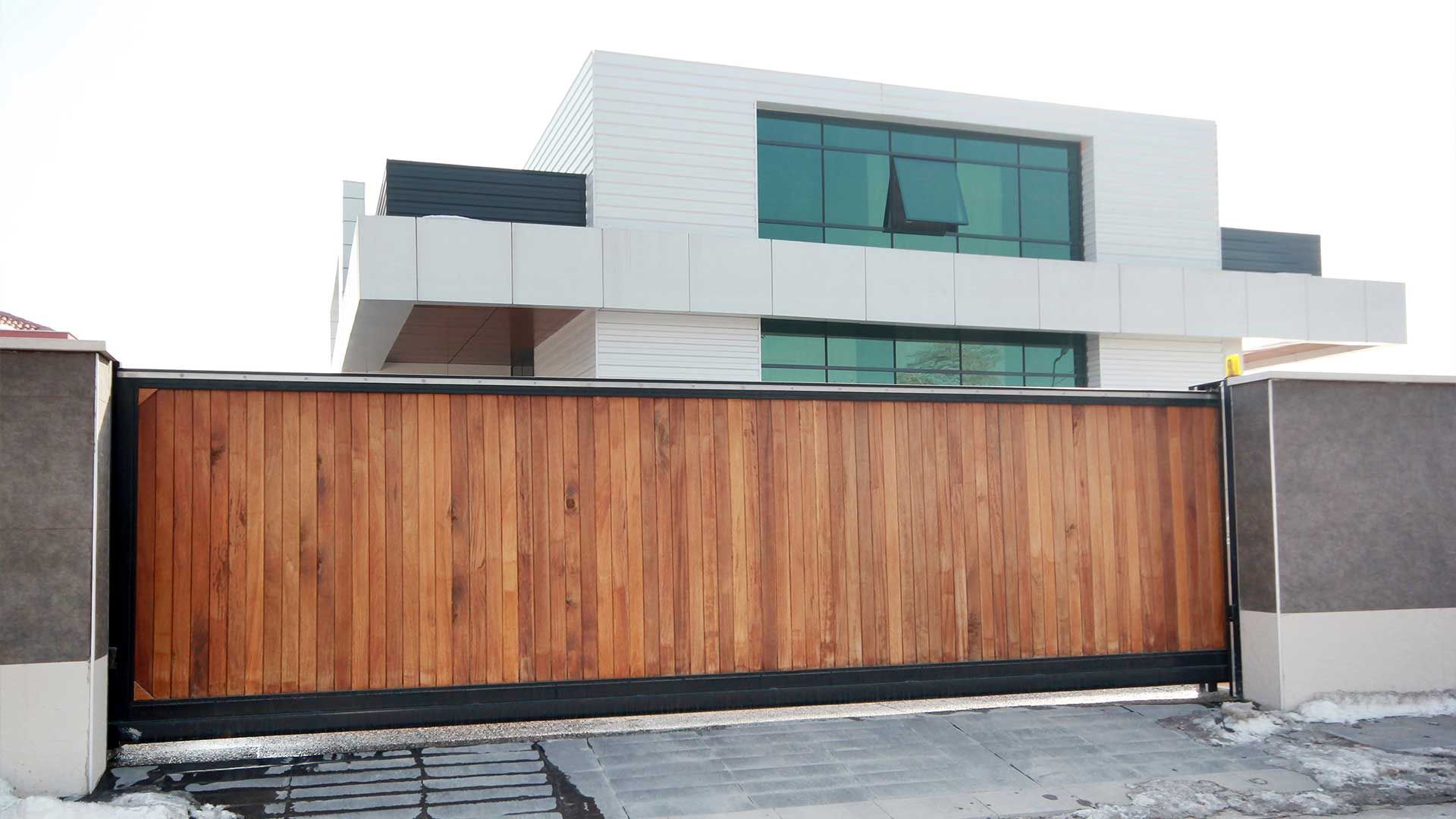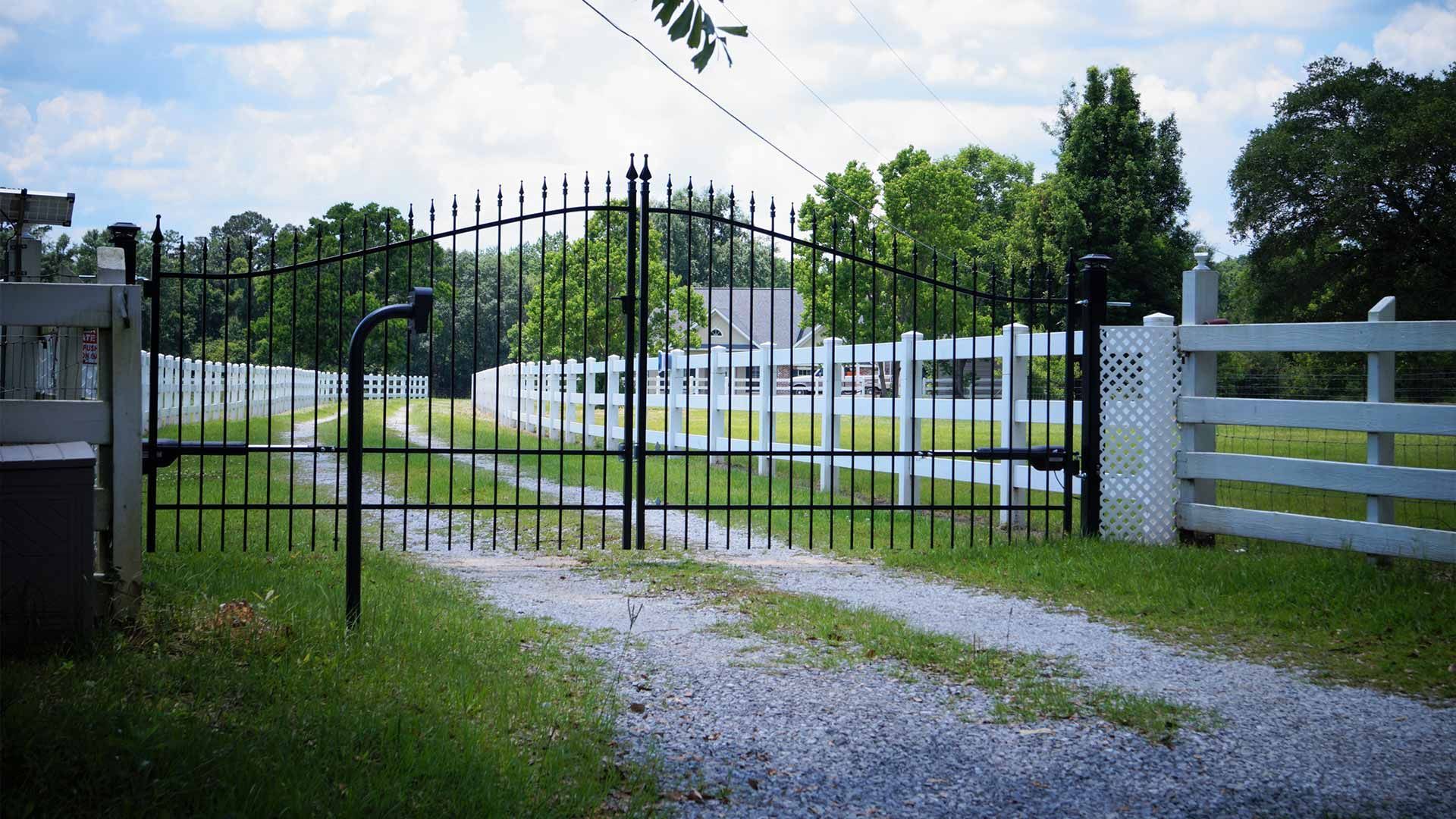Contact info

Fence Rental 101: What You Need to Know Before Your Next Project
When embarking on your next construction project or planning a special event, understanding the ins and outs of fence rental is essential. The right fencing can provide security, privacy, and organization, making it a crucial component of many projects. Whether you're a seasoned professional or a first-time fence renter, this article, Fence Rental 101: What You Need to Know Before Your Next Project, will serve as your comprehensive guide.
Fence rental plays a pivotal role in
safeguarding your project site, controlling access, and ensuring safety. It's not just about erecting barriers; it's about making informed choices that align with your project's unique requirements. From temporary fencing solutions for events to permanent installations for construction sites, this guide will explore the different aspects of fence rental, empowering you to make the right decisions.
So, whether you're seeking to secure your construction site, create a designated area for your event, or simply need to understand the basics of fence rental, read on. We'll walk you through everything you need to know to ensure a successful and hassle-free fence rental experience.
Types of Fence Rentals
When delving into the world of fence rental, it's crucial to start by understanding the various types of fencing options available. Fence rentals come in two primary categories: temporary and permanent. Each type serves distinct purposes and offers specific advantages.
Temporary fence rental is the go-to choice for events, construction sites, and short-term projects. These fences are designed for easy installation and removal, making them highly versatile. Temporary fences often come in panels or chain-link configurations, providing security and crowd control.
On the other hand, permanent fence rental solutions are meant for long-lasting applications. These fences are installed with durability in mind and are often used for property boundaries, sports facilities, or industrial sites. They come in various materials like wood, vinyl, or metal, depending on your specific needs.
In this section, we will delve deeper into the differences between temporary and permanent fence rental options, helping you choose the right type for your upcoming project. Understanding these distinctions is crucial for ensuring the effectiveness and efficiency of your fence rental.
Benefits of Fence Rental
Before diving into the details of fence rental, it's essential to grasp the numerous benefits it brings to your projects and events. Understanding these advantages will help you appreciate the importance of proper fence selection.
1. Enhanced Security and Safety: Fence rental provides a physical barrier that deters unauthorized access to your project site or event area. This promotes safety by reducing the risk of accidents and vandalism.
2. Privacy and Control: For events or construction, privacy is often a priority. Fence rental not only keeps unwanted visitors out but also offers a sense of exclusivity and control over who enters the premises.
3. Temporary Solutions: If your needs are short-term, temporary fence rental offers a cost-effective solution. It allows you to secure your site during the project or event and remove the fencing when it's no longer required.
4. Cost-Effective and Versatile: Fence rental is budget-friendly compared to permanent installations. It offers versatility, allowing you to customize the type and length of fencing based on your specific needs.
In the upcoming sections, we'll explore critical considerations before
renting a fence, helping you make informed decisions that align with your project goals. Whether you're looking to enhance security, maintain privacy, or control access, fence rental is a valuable asset that can cater to your requirements effectively.
Considerations Before Renting a Fence
Before diving into the process of renting a fence, it's crucial to take a step back and consider various factors that will impact your rental decisions. Here are key aspects to ponder before contacting a fence rental provider:
1. Identify Project Needs and Goals: Define the primary purpose of the fence. Are you aiming to enhance security, provide crowd control, or establish privacy? Understanding your project's specific requirements will help you select the right type of fence.
2. Assess the Site and Terrain: Survey the project site to identify any unique features, such as uneven terrain or obstacles that may affect fence installation. This assessment will help you determine the best placement and type of fence required.
3. Local Regulations and Permitting: Be aware of local regulations and permitting requirements for fence installation. Some areas may have zoning laws and permit processes that dictate the type, height, and placement of fences.
4. Budgeting for Fence Rental Costs: Determine your budget for fence rental, including installation and removal costs. Consider whether it's more cost-effective to opt for temporary or permanent fencing based on your project's duration.
By carefully considering these factors, you can make informed decisions that ensure your fence rental aligns with your project's goals, complies with local regulations, and remains within your budget. In the subsequent sections, we will guide you through the process of choosing the right fence rental company and understanding installation and maintenance requirements for a successful project.
Choosing the Right Fence Rental Company
Selecting the right fence rental company is a critical step in ensuring the success of your project. Here are some essential considerations when choosing a provider:
1. Research Reputable Rental Providers: Start by researching reputable fence rental companies in your area. Look for providers with a track record of reliability and quality service.
2. Evaluate Company Experience: Consider the experience of the rental company. Experienced providers are more likely to offer expert guidance and handle various project scenarios effectively.
3. Customer Reviews and References: Read customer reviews and seek references from past clients. This can provide insights into the company's performance and customer satisfaction.
4. Request Quotes and Compare Pricing: Contact multiple rental companies to request quotes for your project. Compare pricing, but also consider the level of service and expertise offered.
5. Inquire About Services: Ask about the range of services provided by the rental company. Do they offer delivery, setup, and removal services? Clarify any additional fees associated with these services.
Choosing the right fence rental company is crucial for a smooth and hassle-free experience. By conducting thorough research and considering these factors, you can confidently partner with a rental provider that meets your project's specific needs.
In the following sections, we will delve into the
installation and maintenance requirements for both temporary and permanent fences, ensuring that your rental fence serves its intended purpose effectively.
Installation and Maintenance
Understanding the installation and maintenance aspects of your rental fence is vital for a successful project. Let's explore what you need to know in this regard:
Installation Process: The installation process varies depending on the type of fence you choose. Temporary fences are generally easier to install and don't require as much time as permanent ones. It's essential to ensure that the fence is properly installed to provide the desired security and control.
Maintenance Requirements: Temporary fences typically have lower maintenance requirements. Regular inspections to ensure stability and security may be necessary. Permanent fences, on the other hand, may require more extensive maintenance, such as repainting or repairs, to keep them in good condition over the long term.
Ensuring Proper Setup: Regardless of the type of fence, it's crucial to ensure that it's set up correctly. Proper installation is key to achieving the security and functionality you need. If you're unsure about installation, consider hiring professionals to do the job.
In the upcoming section, we will discuss fence removal and cleanup, which are important aspects to consider as your project concludes. Understanding the end-of-project procedures will help you wrap up the rental process effectively and responsibly.
Fence Removal and Cleanup
As your project comes to a close, it's essential to understand the procedures for fence removal and site cleanup. Properly concluding your fence rental is just as crucial as its initial installation:
Understanding End-of-Project Procedures: Familiarize yourself with the rental company's policies regarding fence removal. Know when and how the rental period ends, and clarify any responsibilities you have as the client.
Coordinating Fence Removal: Coordinate the fence removal with the rental company to ensure a seamless process. Timely removal is crucial, as it prevents delays and ensures the site is cleared as planned.
Post-Rental Site Cleanup: After the fence is removed, conduct a thorough site cleanup. Remove any debris, stakes, or remnants of the fence to restore the area to its original condition.
Properly concluding your fence rental project demonstrates responsible project management and ensures that the site is left in good condition. It's essential to follow the rental company's guidelines and communicate effectively to avoid any potential issues during the removal and cleanup process.
In the final section, we will summarize the key takeaways from this guide, emphasizing the importance of proper planning and decision-making when it comes to
fence rental for your upcoming projects.
Conclusion
In conclusion, understanding the ins and outs of fence rental is crucial for the success of your upcoming projects and events. Whether you're seeking enhanced security, privacy, or crowd control, choosing the right type of fence and a reputable rental company is paramount.
By considering factors such as your project's specific needs, local regulations, and budget constraints, you can make informed decisions that align with your goals. Thoroughly researching rental providers and evaluating their experience and customer feedback ensures a smooth and hassle-free rental process.
As your project concludes, coordinating fence removal and conducting site cleanup responsibly is essential for leaving a positive impression on the community and ensuring a job well done.
For expert fence rental services tailored to your needs, contact
Byron Fence at
478-960-5382. Our team is dedicated to providing top-notch fence solutions for your projects and events. Make the right choice with Byron Fence and experience the difference in your next fence rental experience.
Frequently Asked Questions (FAQs)
-
How do I determine the right type of fence rental for my project or event?
Consider your specific needs, budget, and the duration of the project. Temporary fences are ideal for short-term events, while permanent fences offer long-lasting security.
-
Are there any zoning laws or permits required for fence rental, and how can I navigate them?
Yes, some areas have regulations on fence type, height, and placement. Contact your local authorities or consult with your fence rental provider to ensure compliance.
-
What factors affect the cost of fence rental, and how can I budget effectively?
Factors include the type of fence, length, installation, and rental duration. Request quotes from multiple providers and consider the overall project budget.
-
What are the maintenance requirements for rented fences, and how often should I inspect them?
Temporary fences require basic maintenance, including stability checks. Permanent fences may need periodic repairs and repainting. Regular inspections are recommended.
-
How do I coordinate fence removal at the end of my project, and what should I do for site cleanup?
Coordinate with your rental provider for timely removal. After removal, conduct a thorough site cleanup to remove debris and remnants, restoring the area to its original condition.
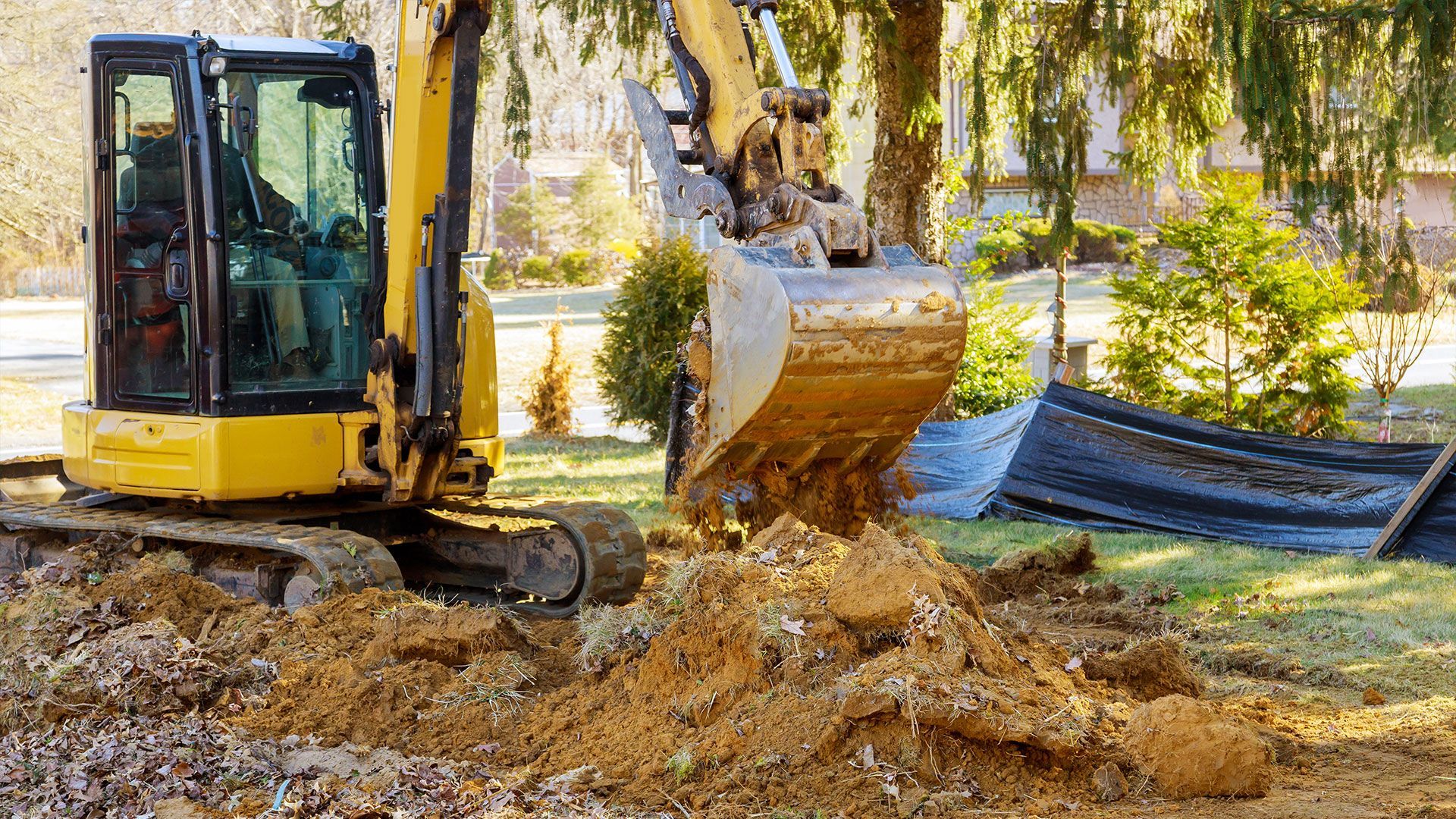
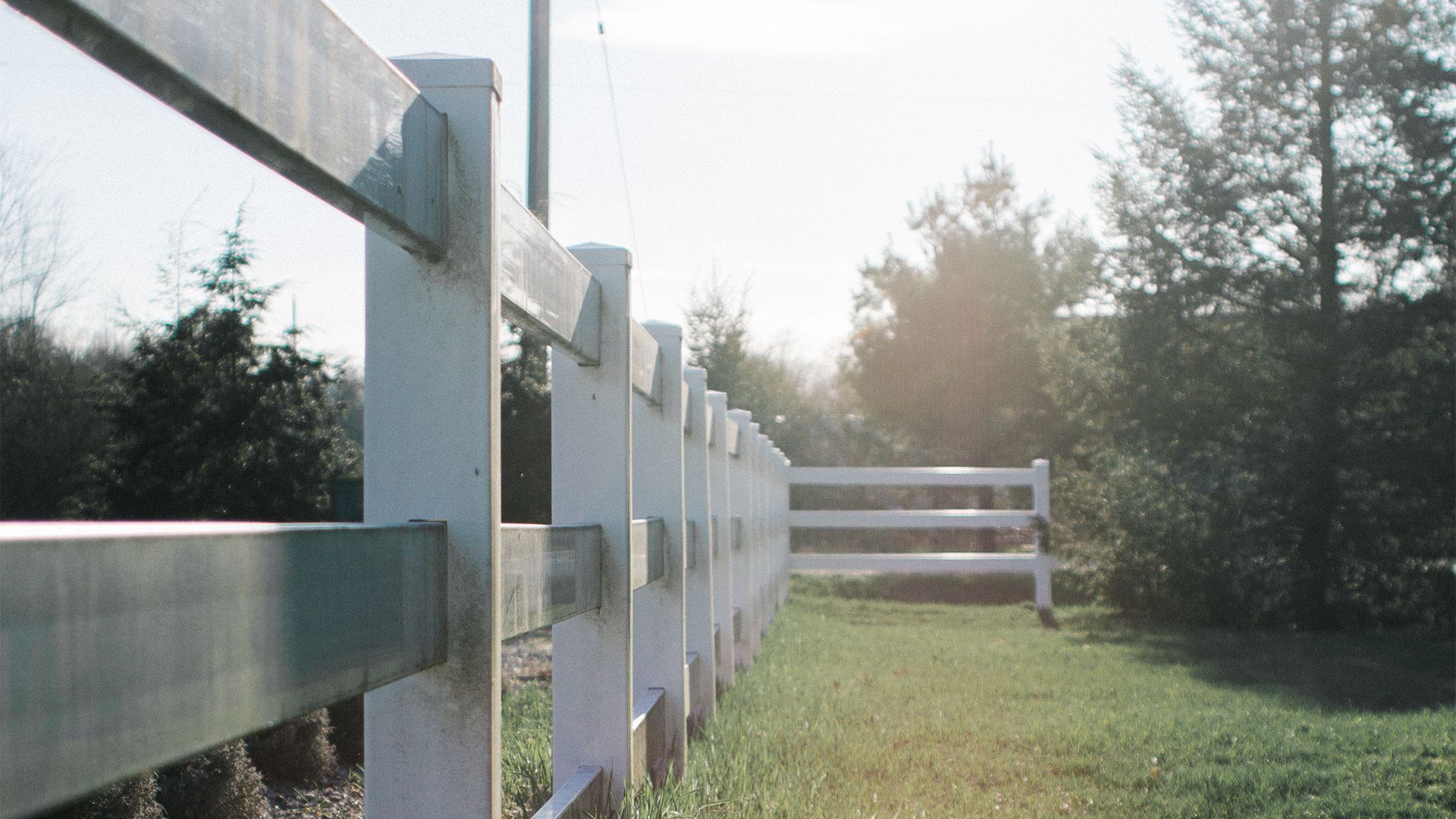
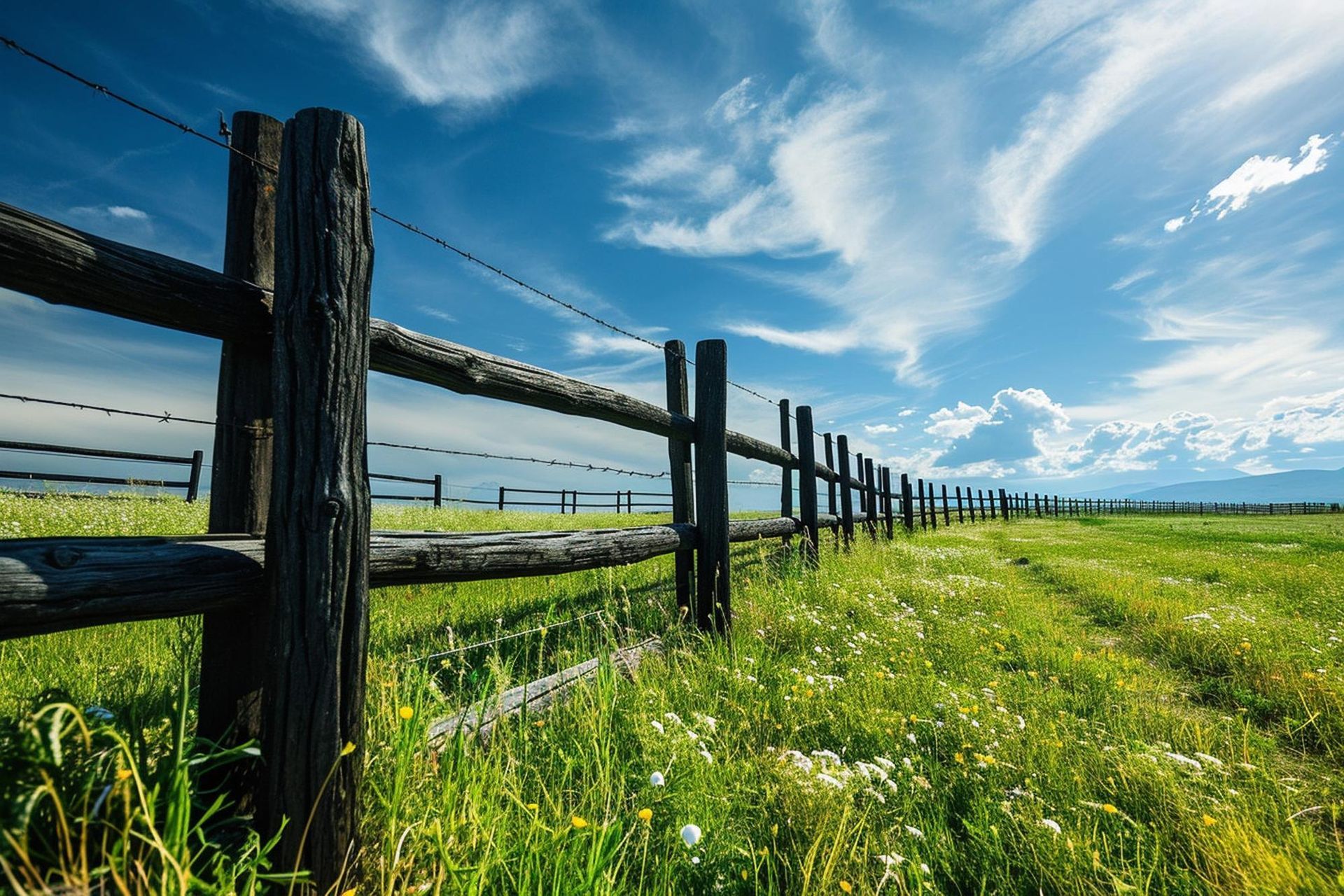

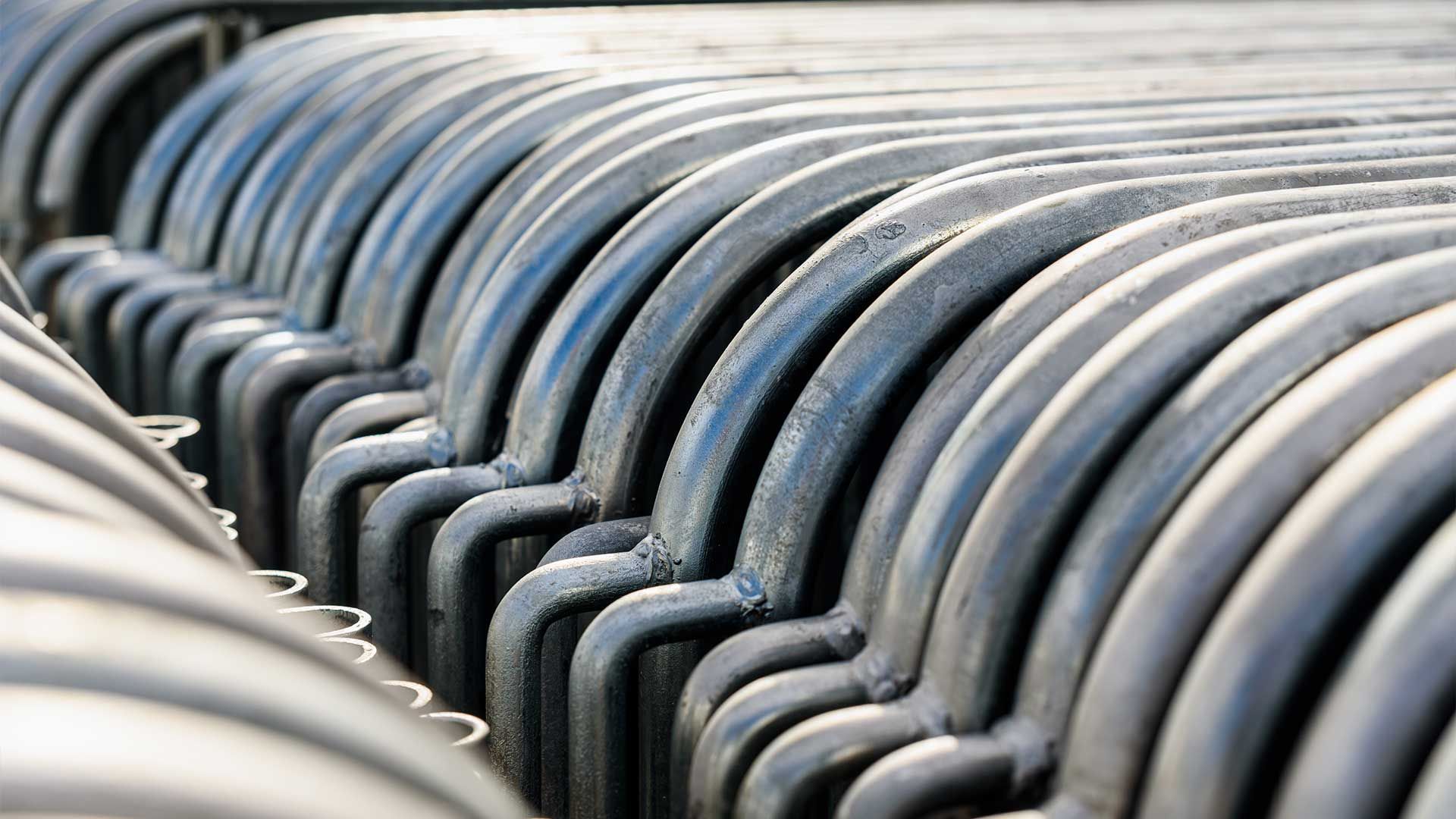

Byron Fence is your last step on the journey to your fence. We specialize in security for commercial, agricultural, and residential properties, and we make it look good.
Serving Middle Georgia since 2006
All Rights Reserved | Byron Fence
